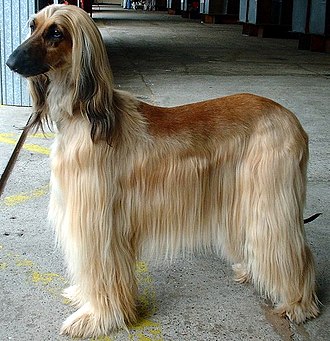This is a bit unusual, because I'm not talking about food for humans, but food for cats & dogs. There are a lot of people advocating a raw diet for dogs and cats. There are other peopled who are very concerned about micro-organisms.
I was wondering, if one were to dip raw meat in boiling water, how long would it take to kill the germs on the surface of the meat? Would killing surface micro-organisms give me fairly sterile meat?
Does anyone have any suggestions or links to where I would find that kind of info?
I was wondering, if one were to dip raw meat in boiling water, how long would it take to kill the germs on the surface of the meat? Would killing surface micro-organisms give me fairly sterile meat?
Does anyone have any suggestions or links to where I would find that kind of info?


